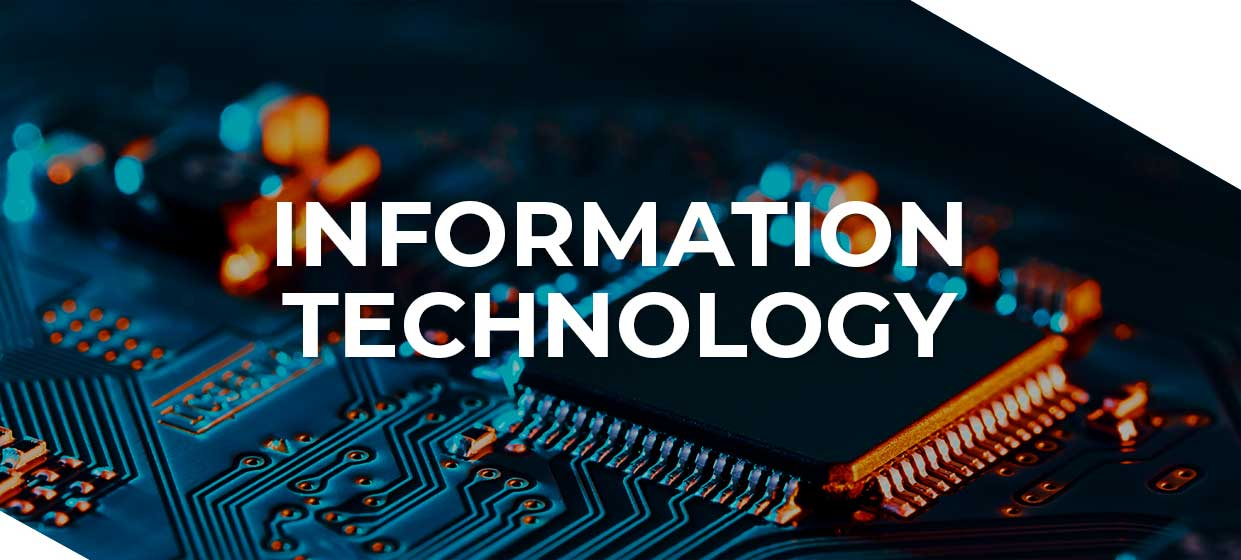Harish Vajja explains that Information Technology (IT) has become an essential part of our lives, silently shaping how we work, communicate, and interact with the world around us. But what exactly is IT, and how does it impact our daily activities?

In simple terms, IT refers to the use of computers and software to create, store, manage, and transmit information. This encompasses a vast array of technologies, from the personal computers and smartphones we use daily to the complex networks and systems that power businesses and organizations.
Here are some key aspects of IT:
- Hardware: This refers to the physical components of a computer system, such as the CPU, memory, storage devices, and peripherals.
- Software: This includes the programs and applications that run on a computer, providing specific functionalities and user interfaces.
- Networking: This involves connecting computers and devices together to share information and resources.
- Data management: This includes storing, organizing, and analyzing data to extract meaningful insights.
The impact of IT is undeniable. It has revolutionized how we:
- Communicate: We can now connect with anyone in the world instantly through email, messaging apps, and video conferencing.
- Work: Businesses use IT tools for tasks like data analysis, project management, and remote collaboration, enhancing efficiency and productivity.
- Access information: We have access to a vast amount of information at our fingertips through search engines and online resources.
- Shop and entertain ourselves: Online shopping platforms and streaming services have transformed how we purchase goods and consume media.
However, the rise of IT also presents challenges:
- Cybersecurity threats: As we rely more on technology, we become increasingly vulnerable to cyberattacks that can compromise data and disrupt operations.
- The digital divide: Not everyone has equal access to technology and the internet, creating a gap between those who can fully participate in the digital world and those who cannot.
- Ethical considerations: The use of IT raises ethical concerns regarding data privacy, artificial intelligence, and the potential for job displacement due to automation.
Looking forward, Harish Vajja suggests that IT will continue to evolve at a rapid pace, shaping the future of various industries and aspects of our lives. As we navigate this ever-changing landscape, it’s crucial to stay informed about the latest advancements, address the challenges responsibly, and leverage the power of technology to create a better future for all.